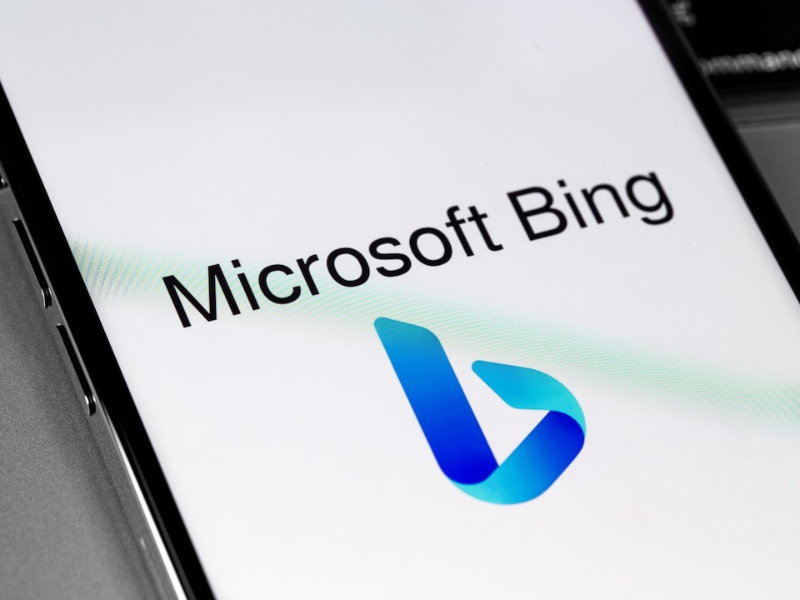- Microsoft has unveiled Bing generative search, a new feature that aims to rival Google’s AI-powered search capabilities.
- This feature is supported by a combination of AI models, which gather and summarise information from the web in response to search queries.
OUR TAKE
Microsoft on the afternoon of 24 July, to the outside world to show its challenge to Google’s AI-powered search service: Bing generative search function. The launch of this new feature marks a new step forward in its AI-powered search service. The feature is currently in a small user testing phase and is expected to be made available to a wider audience in the coming months. It responds to user search queries by aggregating information from the web and generating summaries, aiming to provide more intuitive and richer search results. This new initiative of Microsoft is an important innovative attempt to the existing search engine services, but also easy to trigger the industry on the application of AI in the field of search prospects for a wide range of concerns and discussions.
–Elodie Qian, BTW reporter
What happened
Microsoft has unveiled Bing Generative Search, a new feature that aims to rival Google’s AI-powered search capabilities. On the afternoon of July 24, the tech giant began a preview for a select group of users, with a gradual rollout planned for wider availability.
This feature is supported by a combination of AI models, which gather and summarise information from the web in response to search queries. For example, when users search for “What is a spaghetti western?” Bing Generative Search will compile a summary of the film genre’s history, key examples, and provide links to the sources of the information.
Microsoft has also provided an option for users to dismiss AI-generated summaries and opt for traditional search results from the same page. This approach ensures that users have control over their search experience, catering to those who prefer the conventional method.
“This is another important step in evolving the search experience on Bing and we’re eager to get feedback throughout this journey,” Microsoft writes in a post on its official blog. “We are slowly rolling this out and will take our time, garner feedback, test and learn and work to create a great experience before making this more broadly available … We look forward to sharing more updates in the coming months.”
Also read: Microsoft unveil new GenAI search Bing with billion-user potential
Also read: Google’s AI-powered search now generates images
Why it’s important
AI-generated overviews threaten to cannibalize traffic to the sites from which they source their info. Indeed, they already are, with one study finding that AI Overviews could negatively affect about 25% of publisher traffic due to the de-emphasis on article links.
Despite concerns about the accuracy of AI-generated content, Microsoft is confident that Bing Generative Search will more effectively fulfil the intent of the user’s query.
The company is also paying close attention to the potential impact on publishers’ traffic, stating that it is “maintaining the number of clicks to websites” and “looking closely at how generative search impacts traffic to publishers.”
Although no specific statistics have been shared, Microsoft is reportedly relying on early data to inform its strategy. As the company continues to enhance its AI search technology, it is expected to share more updates and insights in the coming months.
The industry and users are closely observing how these advancements will shape the future of online search.
Microsoft’s focus on user feedback and iterative improvement indicates a strong commitment to refining Bing Generative Search and ensuring it remains competitive in the digital search landscape.

